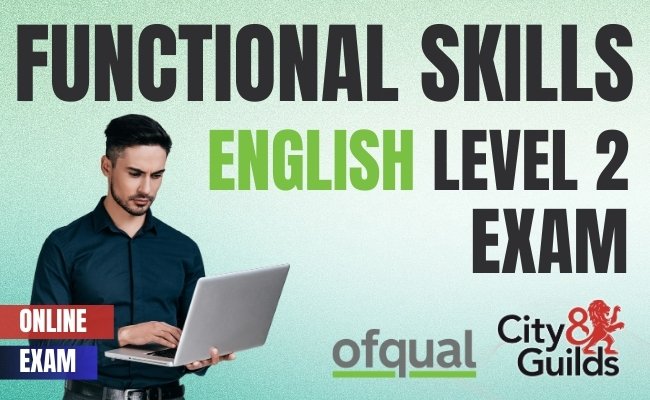How to Pass Your Functional Skills Maths Exam: A Practical Guide
Mathematics is a foundational skill in both academic and professional environments, yet for many adults, the thought of taking a maths test can be daunting. Whether you’re aiming to boost your career prospects, meet university entry requirements, or simply want to improve your numeracy, passing the functional skills maths exam is a practical and achievable goal. In this blog, we’ll explore what the test entails, how to prepare for it, and strategies to help you pass with confidence.

What Is the Functional Skills Maths Exam?
The functional skills maths exam is a nationally recognised qualification in the UK, designed to assess practical maths skills needed for everyday life and work. Unlike traditional maths exams that focus heavily on theory, this exam is about applying maths in real-world situations. Think budgeting, measuring, interpreting data, and solving practical problems.
There are two main levels: Level 1 and Level 2. Level 1 is equivalent to a GCSE grade D-E (3), while Level 2 is equivalent to a GCSE grade A*-C (9-4). Many employers and educational institutions accept Level 2 as a valid alternative to a GCSE maths pass.
What’s Included in the Functional Skills Maths Test?
The functional skills maths test is split into two sections: non-calculator and calculator. This ensures that you not only understand the fundamentals of maths but also know how to apply them using the tools commonly available in everyday life.
The exam covers three key areas:
- Using Numbers – working with whole numbers, decimals, fractions, percentages, and ratios.
- Measures, Shape, and Space – understanding units of measurement, geometry, and spatial awareness.
- Handling Data – interpreting graphs, tables, and statistics to make informed decisions.
Each section is framed within practical scenarios, such as planning a budget, working out travel times, or analysing a sales report.
Who Should Take the Functional Skills Maths Exam?
This qualification is ideal for:
- Adults returning to education
- Apprentices who need a Level 2 qualification
- Students who didn’t pass GCSE maths and need an alternative
- Job seekers looking to improve employability
- University applicants who need to meet entry requirements
Because it focuses on practical application, the functional skills maths test is often less intimidating than traditional exams and is highly relevant to daily life and work.
How to Prepare for the Functional Skills Maths Exam
1. Understand the Exam Format
Before diving into revision, familiarize yourself with the structure of the exam. Knowing the format helps reduce anxiety and allows you to focus on the content. Most awarding bodies provide sample papers and practice questions online.
2. Identify Your Weak Areas
Take a practice test to assess your current level. This will help you identify which topics you need to focus on. There’s no point revising everything if your weaknesses are only in percentages or data interpretation.
3. Use Online Resources
There are plenty of free and paid resources available. Websites like BBC Bitesize, Pass Functional Skills, and YouTube channels offer lessons tailored to the functional skills maths exam.
Interactive platforms can also help reinforce learning by providing instant feedback and adaptive practice questions.
4. Practice Real-World Scenarios
Since the test is based on real-life applications, practice solving problems that involve things like:
- Calculating discounts and VAT
- Converting units (e.g., litres to millilitres)
- Understanding timetables and schedules
- Comparing mobile phone or utility plans
- Reading and interpreting data from charts and graphs
5. Brush Up on Mental Maths
Even though part of the exam allows calculators, strong mental maths skills can save time and help you double-check your answers quickly.
Tips for Exam Day
- Read each question carefully. Make sure you understand what is being asked before jumping to a solution.
- Show your working. Marks are often awarded for the process, not just the final answer.
- Manage your time. Don’t spend too long on one question—if you’re stuck, move on and come back to it later.
- Double-check your answers. If time permits, review your work, especially in the calculator section.
The Benefits of Passing
Successfully passing the functional skills maths test can open doors. Whether it’s for a new job, an apprenticeship, or further education, this qualification is widely respected. It’s not just about numbers—it’s about proving that you can approach problems logically and confidently in daily life.
Final Thoughts
The functional skills maths exam is not something to fear—it’s a stepping stone to greater opportunities. With the right preparation, focused practice, and a positive mindset, anyone can pass this test and gain a valuable qualification.
So take that first step: download a practice paper, sign up for a course if needed, and start building the confidence you need to succeed. Functional skills aren’t just for the classroom—they’re skills for life.


Leave a Reply
Want to join the discussion?Feel free to contribute!